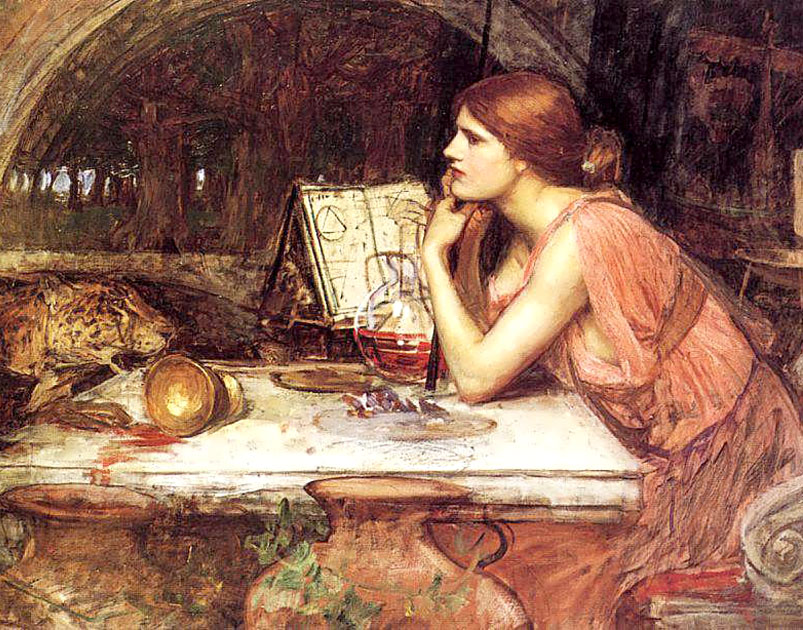The Matilda Effect [View all]
https://en.wikipedia.org/wiki/Matilda_effect

Trotula (Trota of Salerno), a 12th-century Italian woman physician, wrote books which, after her death, were attributed to male authors. Nineteenth- and twentieth-century cases illustrating the Matilda effect include those of Nettie Stevens,[3] Lise Meitner, Marietta Blau, Rosalind Franklin, and Jocelyn Bell Burnell.

In 2012, two female researchers from Radboud University Nijmegen showed that in the Netherlands the sex of professorship candidates influences the evaluation made of them.[6] Similar cases are described by two Italian female researchers in a study[7] corroborated further by a Spanish study.[8] On the other hand, several studies found no difference between citations and impact of publications of male authors and those of female authors.[9][10][11]
Swiss researchers have indicated that mass media ask male scientists more often to contribute on shows than they do their female fellow scientists.[12]
According to one U.S. study, "although overt gender discrimination generally continues to decline in American society," "women continue to be disadvantaged with respect to the receipt of scientific awards and prizes, particularly for research."[13]

